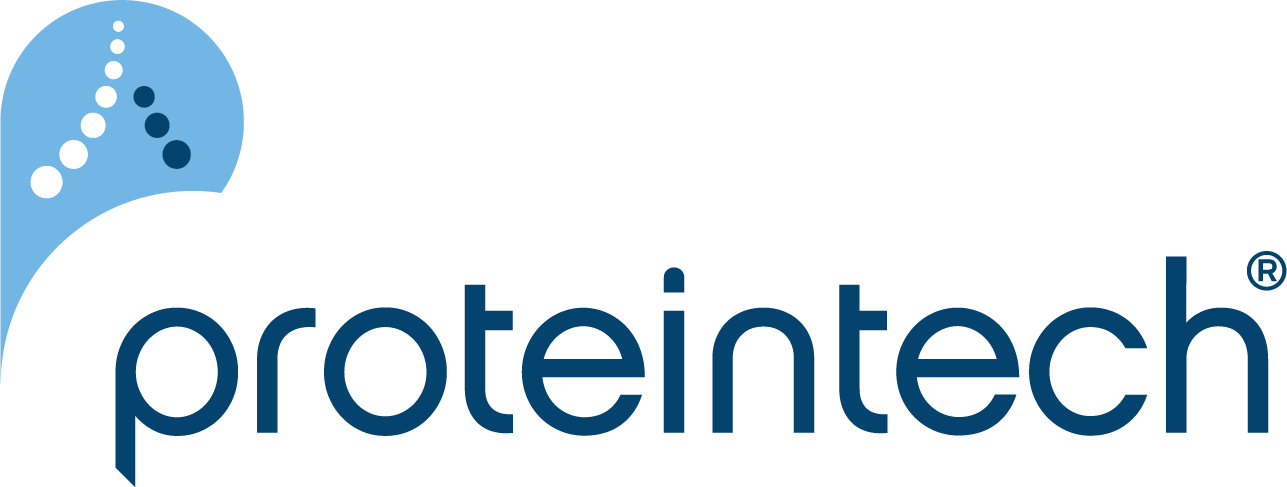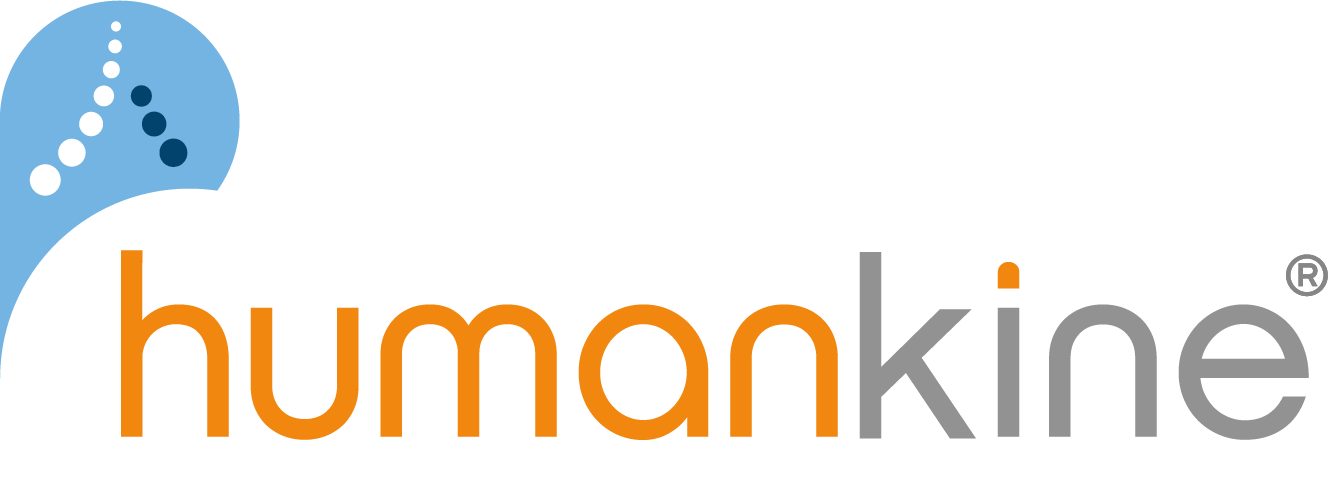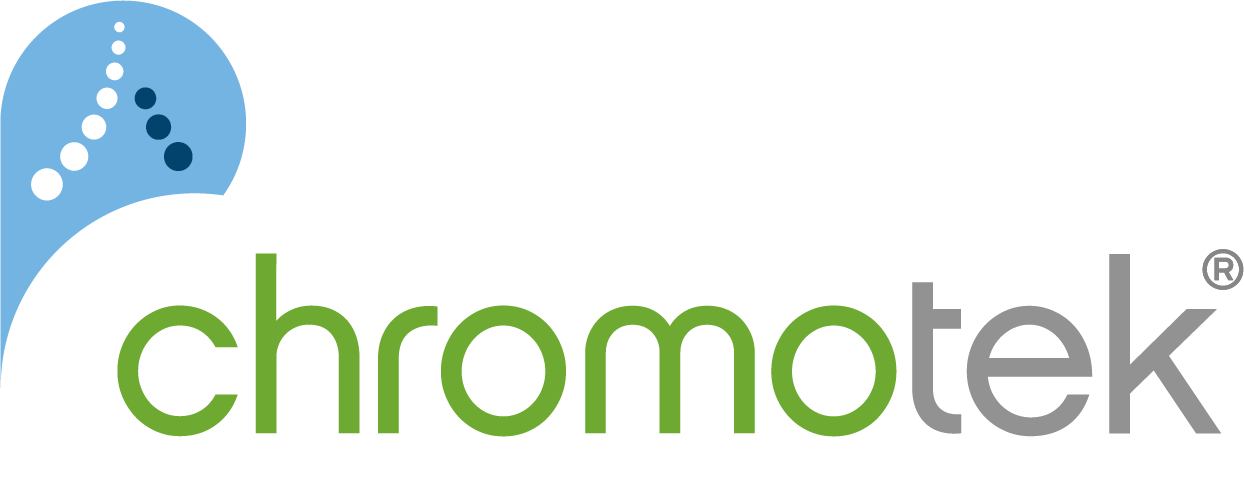News
New Product
Matched Antibody Pairs
Created using Proteintech’s in-house proprietary rabbit recombinant and mouse monoclonal technology. Ready for a wide variety of multiplex platforms.
Non visible textPress Release
Proteintech Germany triples its space with a new office and lab
Proteintech Germany celebrates the opening of its new state-of-the-art facility
Non visible textOnline Event
IHC workshop: Post-mortem human brain tissue
Learn to perform post-mortem brain tissue analysis with our expert-led IHC workshop on May 2nd.
Non visible textOnline Event
Tips & tricks for iPSC/hESC to oligodendrocyte differentiation
Registration open! Online Workshop on May 16th with Dr Rana Fetit.
Non visible textPress Release
Proteintech Genomics launches new MultiPro Immune Profiling Cocktail
The first commercially available solution for the detection of intracellular proteins for single-cell RNAseq experiments
Non visible textPress Release
Proteintech launches New Multi-rAb Recombinant Secondary Antibodies
This New Generation of Secondary Antibodies has superior sensitivity, high reproducibility.
Non visible textPublications
200,000 success stories and counting
Celebrating the success of scientists citing Proteintech antibodies.
Non visible textPress Release
Proteintech Genomics
Proteintech Group enters cellular multiomics market with new subsidiary genomics company.
Non visible textCompany News
Proteintech Group Inc. opens new Singapore office
Proteintech today announces the opening of its new office and warehouse in Singapore.
Non visible textNew Product
Expanded Catalog of Secondary Antibodies
Choose from more than 80 secondary antibodies.
Non visible textNew Product
IHCeasy Ready-to-use IHC Kits
The most complete IHC workflow kits on the market. Primary antibody included.
Non visible textNew Product
Matched Antibody Pairs
Created using Proteintech’s in-house proprietary rabbit recombinant and mouse monoclonal technology. Ready for a wide variety of multiplex platforms.
Non visible textPress Release
Proteintech Germany triples its space with a new office and lab
Proteintech Germany celebrates the opening of its new state-of-the-art facility
Non visible textOnline Event
IHC workshop: Post-mortem human brain tissue
Learn to perform post-mortem brain tissue analysis with our expert-led IHC workshop on May 2nd.
Non visible textOnline Event
Tips & tricks for iPSC/hESC to oligodendrocyte differentiation
Registration open! Online Workshop on May 16th with Dr Rana Fetit.
Non visible textPress Release
Proteintech Genomics launches new MultiPro Immune Profiling Cocktail
The first commercially available solution for the detection of intracellular proteins for single-cell RNAseq experiments
Non visible textPress Release
Proteintech launches New Multi-rAb Recombinant Secondary Antibodies
This New Generation of Secondary Antibodies has superior sensitivity, high reproducibility.
Non visible textPress Release
Proteintech Genomics
Proteintech Group enters cellular multiomics market with new subsidiary genomics company.
Non visible textCompany News
Proteintech Group Inc. opens new Singapore office
Proteintech today announces the opening of its new office and warehouse in Singapore.
Non visible textNew Product
Expanded Catalog of Secondary Antibodies
Choose from more than 80 secondary antibodies.
Non visible textNew Product
IHCeasy Ready-to-use IHC Kits
The most complete IHC workflow kits on the market. Primary antibody included.
Non visible textFeatured Products
ChromoTek pan-RFP Polyclonal antibody
| Specificity: | RFP and RFP derivates |
| Applications: | WB, IF, ELISA |
GAPDH Monoclonal Antibody
| Reactivity: | Human, Mouse, Rat, Yeast, Plant, Zebrafish, Bovine and more (9) |
| Applications: | WB, IP, IHC, IF, FC, CoIP, ChIP, ELISA |
TDP-43 Polyclonal Antibody
| Reactivity: | Human, Mouse, Rat, Zebrafish, Hamster, Pig and more (6) |
| Applications: | WB, RIP, IP, IHC, IF, IEM, FC, CoIP, chIP, ELISA |
ChromoTek GFP-Trap® Agarose
| Specificity: | GFP, eGFP, CFP, YFP, BFP |
| Applications: | IP, CoIP, ChIP, RIP |
HumanKine® recombinant human TGF beta 1 protein
HEK293 expressed.Animal-component free.
| Purity: | >95% |
| Activity: | Typically ≤ 0.5 ng/mL EC50 |
GAPDH Polyclonal antibody
| Reactivity: | Human, Mouse, Rat, Pig, Arabidopsis, Corn, Cabbage, Rice and more (9) |
| Applications: | WB, RIP, IP, IHC, IF, FC, CoIP, ELISA |
Beta Actin Monoclonal antibody
| Reactivity: | Human, Mouse, Rat, Pig, Plant, Zebrafish And More (10) |
| Applications: | WB, IP, IHC, IF, FC, CoIP, ELISA |
BAX Polyclonal antibody
| Reactivity: | Human, Mouse, Rat, Chicken, Goat, Hamster, Pig, Rabbit and more (3) |
| Applications: | WB, IP, IHC, FC, CoIP, chIP, ELISA |
Caspase 3/p17/p19 Polyclonal antibody
| Reactivity: | Human, Mouse, Rat, Bovine, Chicken, Duck, Goat, Hamster and more (3) |
| Applications: | WB, RIP, IP, IHC, IF, FC, ELISA |
E-cadherin Polyclonal antibody
| Reactivity: | Human, Mouse, Rat, Bovine, Pig, Zebrafish |
| Applications: | WB. IF, WB, IP, IHC, IF, FC, CoIP, ELISA |
NF-κB p65 Polyclonal antibody
| Reactivity: | Human, Mouse, Rat, Bovine, Pig, Canine, Fish and more (4) |
| Applications: | WB, IP, IHC, IF, FC, chIP, ELISA |
Vimentin Polyclonal antibody
| Reactivity: | Human, Mouse, Rat, Bovine, Pig, Deer |
| Applications: | WB, IP, IHC, IF, FC, CoIP, ELISA |
P62,SQSTM1 Polyclonal antibody
| Reactivity: | Human, Bovine, Chicken, Goat, Hamster, Pig, Rabbit and more (3) |
| Applications: | WB, IP, IHC, IF, FC, CoIP, ELISA |
MMP9 (N-terminal) Polyclonal antibody
| Reactivity: | Human, Mouse, Rat, Pig, Rabbit, Hamster, Astragalus Membranaceus |
| Applications: | WB, IP, IHC, IF, FC, CoIP, ELISA |
Alpha Tubulin Polyclonal antibody
| Reactivity: | Human, Mouse, Rat, Bovine, Chicken, Goat, Hamster, Monkey, P. Lividus, Pig |
| Applications: | WB, IP, IHC, IF, FC, CoIP, ELISA |
ARL13B Polyclonal antibody
| Reactivity: | Human, Mouse, Rat, Canine, Chicken, Pig, Sheep, Xenopus, Zebrafish |
| Applications: | WB, IP, IHC, IF, ELISA |
Lamin B1 Polyclonal antibody
Shows reactivity with Human, Mouse, Rat and Pig.
| Reactivity: | Human, Mouse, Rat, Pig, Canine, Chicken, Hamster |
| Applications: | WB, IP, IHC, IF, FC, ChIP, ELISA |
P53 Polyclonal antibody
| Reactivity: | Human, Rat, Mouse, Goat, Pig and more (3) |
| Applications: | WB, IP, IF, CoIP, chIP, ELISA |





